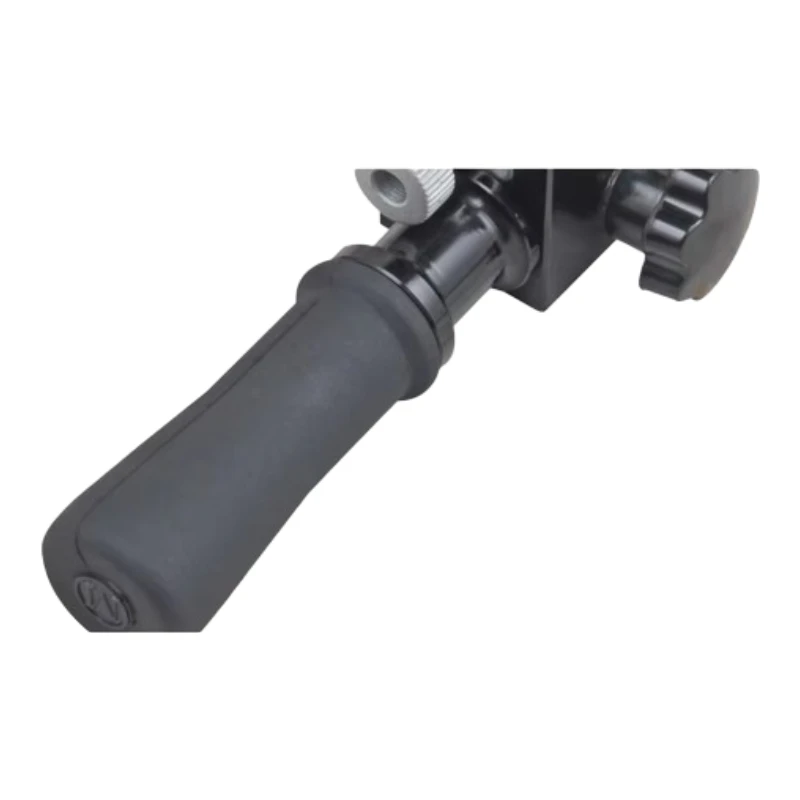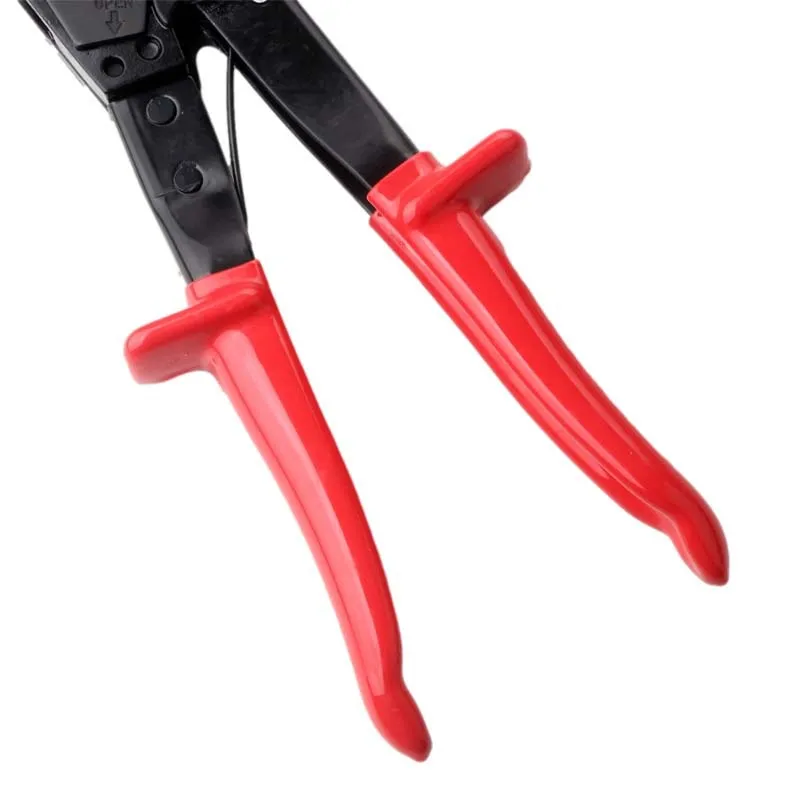
-
 Afrikaans
Afrikaans -
 Albanian
Albanian -
 Amharic
Amharic -
 Arabic
Arabic -
 Armenian
Armenian -
 Azerbaijani
Azerbaijani -
 Basque
Basque -
 Belarusian
Belarusian -
 Bengali
Bengali -
 Bosnian
Bosnian -
 Bulgarian
Bulgarian -
 Catalan
Catalan -
 Cebuano
Cebuano -
 Corsican
Corsican -
 Croatian
Croatian -
 Czech
Czech -
 Danish
Danish -
 Dutch
Dutch -
 English
English -
 Esperanto
Esperanto -
 Estonian
Estonian -
 Finnish
Finnish -
 French
French -
 Frisian
Frisian -
 Galician
Galician -
 Georgian
Georgian -
 German
German -
 Greek
Greek -
 Gujarati
Gujarati -
 Haitian Creole
Haitian Creole -
 hausa
hausa -
 hawaiian
hawaiian -
 Hebrew
Hebrew -
 Hindi
Hindi -
 Miao
Miao -
 Hungarian
Hungarian -
 Icelandic
Icelandic -
 igbo
igbo -
 Indonesian
Indonesian -
 irish
irish -
 Italian
Italian -
 Japanese
Japanese -
 Javanese
Javanese -
 Kannada
Kannada -
 kazakh
kazakh -
 Khmer
Khmer -
 Rwandese
Rwandese -
 Korean
Korean -
 Kurdish
Kurdish -
 Kyrgyz
Kyrgyz -
 Lao
Lao -
 Latin
Latin -
 Latvian
Latvian -
 Lithuanian
Lithuanian -
 Luxembourgish
Luxembourgish -
 Macedonian
Macedonian -
 Malgashi
Malgashi -
 Malay
Malay -
 Malayalam
Malayalam -
 Maltese
Maltese -
 Maori
Maori -
 Marathi
Marathi -
 Mongolian
Mongolian -
 Myanmar
Myanmar -
 Nepali
Nepali -
 Norwegian
Norwegian -
 Norwegian
Norwegian -
 Occitan
Occitan -
 Pashto
Pashto -
 Persian
Persian -
 Polish
Polish -
 Portuguese
Portuguese -
 Punjabi
Punjabi -
 Romanian
Romanian -
 Russian
Russian -
 Samoan
Samoan -
 Scottish Gaelic
Scottish Gaelic -
 Serbian
Serbian -
 Sesotho
Sesotho -
 Shona
Shona -
 Sindhi
Sindhi -
 Sinhala
Sinhala -
 Slovak
Slovak -
 Slovenian
Slovenian -
 Somali
Somali -
 Spanish
Spanish -
 Sundanese
Sundanese -
 Swahili
Swahili -
 Swedish
Swedish -
 Tagalog
Tagalog -
 Tajik
Tajik -
 Tamil
Tamil -
 Tatar
Tatar -
 Telugu
Telugu -
 Thai
Thai -
 Turkish
Turkish -
 Turkmen
Turkmen -
 Ukrainian
Ukrainian -
 Urdu
Urdu -
 Uighur
Uighur -
 Uzbek
Uzbek -
 Vietnamese
Vietnamese -
 Welsh
Welsh -
 Bantu
Bantu -
 Yiddish
Yiddish -
 Yoruba
Yoruba -
 Zulu
Zulu


TEL:
0086-311-88862036
feb . 10, 2025 18:51 Back to list
Triple Twisted Strand Cable Puller/fish Tape
Hydraulic winches represent a critical component in various industries, revered for their durability, power, and efficiency in handling heavy-duty lifting and pulling operations. In essence, a hydraulic winch is a device used to haul or lift heavy loads through the deployment of a hydraulic motor that offers immense strength and control, making it indispensable for industries ranging from construction to maritime.
Technological advancements have further enhanced the capabilities of hydraulic winches. Modern variants incorporate remote control systems, allowing operators to manage winch functions from a safe distance, thereby minimizing exposure to dangerous situations. Additionally, sensors and automation have introduced a new level of precision, enabling real-time monitoring and adjustment for optimal load management. Despite their robust construction and sophisticated functionalities, hydraulic winches require regular maintenance to ensure longevity and performance. Routine inspections should focus on checking for hydraulic fluid leaks, ensuring fittings and fastenings are secure, and confirming that the hydraulic lines are unobstructed. Preventative maintenance ensures that the winch operates smoothly, reducing the likelihood of mechanical failures and extending the equipment's lifespan. Understanding the financial implications, investing in a hydraulic winch might initially appear costly. However, the return on investment becomes evident as their durability and minimal maintenance needs translate to reduced downtime and repair costs. For enterprises relying on reliable machinery for their operations, this efficiency is crucial in maintaining productivity and profitability. When selecting a hydraulic winch, it is imperative to consider factors such as the required lifting capacity, the operational environment, and compatibility with existing systems. Partnering with reputable manufacturers ensures access to high-quality products and extensive after-sales support, reinforcing the winch's operational integrity and safety compliance. Summary Hydraulic winches are an invaluable tool in heavy-duty industries due to their power, endurance, and precision. Their sophisticated engineering allows them to perform arduous tasks reliably, even in harsh conditions. As technology advances, these winches have become even more versatile, incorporating smart controls that amplify their utility in various sectors. While the upfront investment may be substantial, the long-term benefits in terms of operational efficiency and reduced maintenance justify the cost. Selecting the right winch involves evaluating specific needs and engaging with reputable manufacturers to ensure optimal performance and reliability. As an authority in heavy load management, hydraulic winches set a benchmark for safety, efficiency, and endurance.


Technological advancements have further enhanced the capabilities of hydraulic winches. Modern variants incorporate remote control systems, allowing operators to manage winch functions from a safe distance, thereby minimizing exposure to dangerous situations. Additionally, sensors and automation have introduced a new level of precision, enabling real-time monitoring and adjustment for optimal load management. Despite their robust construction and sophisticated functionalities, hydraulic winches require regular maintenance to ensure longevity and performance. Routine inspections should focus on checking for hydraulic fluid leaks, ensuring fittings and fastenings are secure, and confirming that the hydraulic lines are unobstructed. Preventative maintenance ensures that the winch operates smoothly, reducing the likelihood of mechanical failures and extending the equipment's lifespan. Understanding the financial implications, investing in a hydraulic winch might initially appear costly. However, the return on investment becomes evident as their durability and minimal maintenance needs translate to reduced downtime and repair costs. For enterprises relying on reliable machinery for their operations, this efficiency is crucial in maintaining productivity and profitability. When selecting a hydraulic winch, it is imperative to consider factors such as the required lifting capacity, the operational environment, and compatibility with existing systems. Partnering with reputable manufacturers ensures access to high-quality products and extensive after-sales support, reinforcing the winch's operational integrity and safety compliance. Summary Hydraulic winches are an invaluable tool in heavy-duty industries due to their power, endurance, and precision. Their sophisticated engineering allows them to perform arduous tasks reliably, even in harsh conditions. As technology advances, these winches have become even more versatile, incorporating smart controls that amplify their utility in various sectors. While the upfront investment may be substantial, the long-term benefits in terms of operational efficiency and reduced maintenance justify the cost. Selecting the right winch involves evaluating specific needs and engaging with reputable manufacturers to ensure optimal performance and reliability. As an authority in heavy load management, hydraulic winches set a benchmark for safety, efficiency, and endurance.
Latest news
What Are Construction Tools and How Are They Used?
NewsJul.11,2025
Professional-Grade Duct Rodding Tools for Superior Cable Installation
NewsJul.11,2025
Enhancing Safety and Efficiency with Modern Hot Stick Solutions
NewsJul.11,2025
Empowering Cable Installation with Advanced Rodder Solutions
NewsJul.11,2025
Elevate Your Cable Installation Projects with Cable Pulling Tools
NewsJul.11,2025
Efficient Cable Handling Solutions: Cable Rollers for Sale
NewsJul.11,2025
Copyright © 2025 Shijiazhuang Bilo Import and Export Trading Co., Ltd. All Rights Reserved. Sitemap | Privacy Policy

BlLo lmport & Éxport is specialized in power and cable equipment andconsiruction tools,Qur main producis are FRP
duct rodder, cable rollerscable pulling winch, cable drum jack, cable pulling sock, etc.
Copyright © 2025 Shijiazhuang Bilo Import and Export Trading Co., Ltd. All Rights Reserved. Sitemap | Privacy Policy










